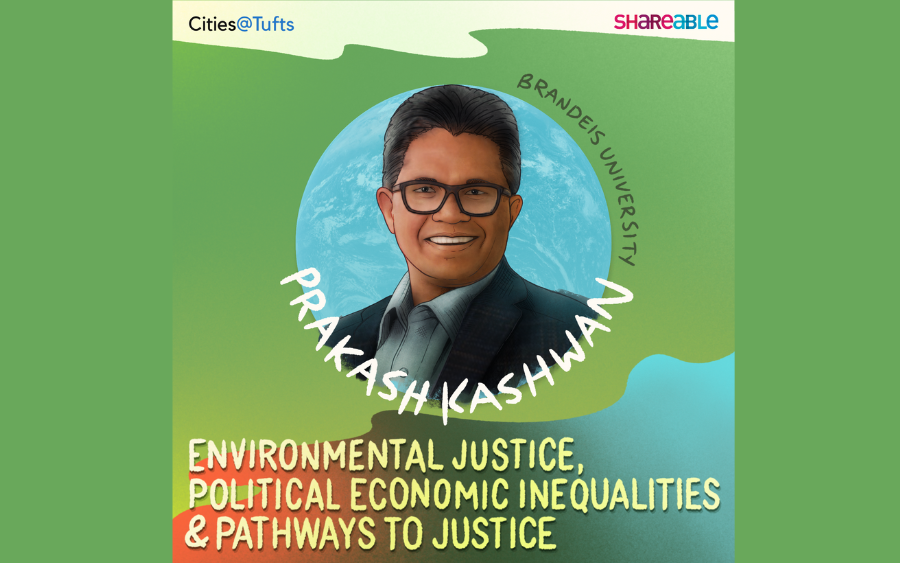Power, Pollution, and Protest: How Unequal Systems Shape Environmental Struggles

Unveiling the Complex Dynamics of Environment and Social Justice
In a thought-provoking Cities@Tufts Lecture, renowned scholar Prakash Kashwan challenges conventional wisdom by offering a groundbreaking perspective on the intricate relationship between environmental challenges and social inequality.
Kashwan's innovative research delves deep into the interconnected nature of environmental policies and their profound impact on marginalized communities. By presenting an alternative analytical framework, he illuminates how environmental decision-making often perpetuates existing social disparities.
Through his compelling analysis, Kashwan demonstrates that environmental issues are not merely ecological concerns, but complex social and political phenomena that reflect and reinforce systemic inequalities. His work invites scholars, policymakers, and activists to reimagine environmental justice as a holistic approach that centers the experiences of vulnerable populations.
This lecture promises to provide critical insights into how environmental policies can be redesigned to promote more equitable and inclusive sustainable development strategies.
